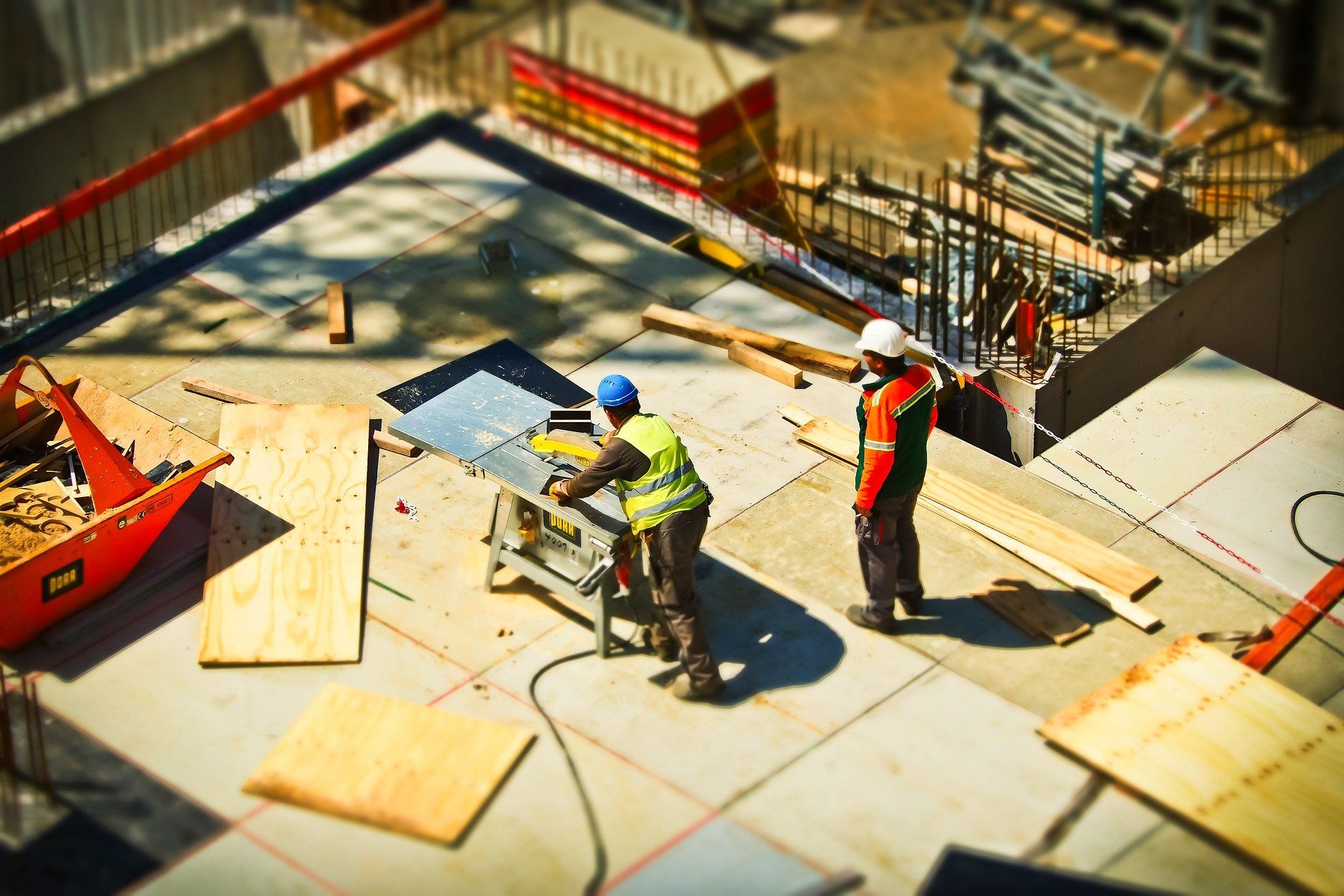City Tech Breaks Down Communication Barriers at Construction Sites
New Tool Will Ease Workflow Among Utility Service Providers and Other Construction Stakeholders
Completing an urban construction project on time and within budget is a complex task. Dependent on multiple industries coming together, scheduling changes and delays can compound and have negative impacts for construction stakeholders, cities, and residents. To address these challenges, City Tech Collaborative
and ComEd
have convened Bosch, HBK Engineering, AECOM, Clayco, and John Buck
to launch the Utility Connect Pilot
to develop and deploy a tool that can share accurate, real-time data to improve key coordination points and workflows among construction stakeholders and utility providers and measure the impact on scheduling and cost savings.
Focusing on the interaction between real estate developers, contractors, and ComEd, the tool will improve scheduling service connections to a construction site. After developing a prototype, the team will potentially test the tool at an active construction site. With the enhanced capability, developers can reduce friction between construction sites and the local community.
Urban construction sites are complex hubs where multiple industries come together to create something new. Construction is essential to growth and economic development, but the scale, proximity, and interconnectedness of construction activities can create tension among stakeholders and surrounding communities.
Utility connections for new construction – including electricity, natural gas, water, and telecommunications – are essential to bring new buildings to life, but they also require an extraordinary level of coordination. Because utility service connections rely on meticulous site preparation, non-standard infrastructure, intricate permitting, and diverse technical capabilities, they are especially vulnerable to coordination breakdowns and compounded delays.
When construction circumstances and schedules change – often due to factors beyond any single stakeholder’s control – they tend to ripple through the construction process. Real estate developers and contractors incur financial penalties from construction delays, municipalities lose property tax revenue from unfinished projects, and utility service providers experience lower efficiency, increased costs, and negative reputational impact. At the same time, community residents and neighboring businesses endure prolonged disruption of noise, dust, and road closures.
The Utility Connect pilot will be an example of how coordinated information sharing and technology-enabled planning can reduce or avoid the negative impacts of urban construction.
About City Tech Collaborative (City Tech):
City Tech reinvents cities. We convene cross-sector leaders to tackle urban problems that are too big for any one group to solve on its own. We remake essential city services and infrastructure using advanced technology and then expand these solutions to other cities. With our partners, we have diverted rainwater from overloaded sewer systems, eased subway congestion during large events, and launched a digital directory of public health services. Chicago is our proving ground and every city is a potential partner. To learn more, follow City Tech on Twitter
or LinkedIn.
